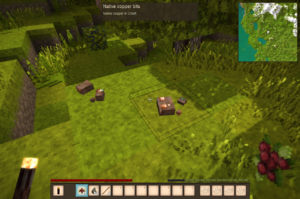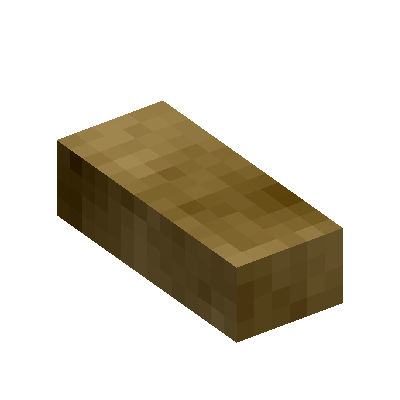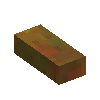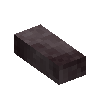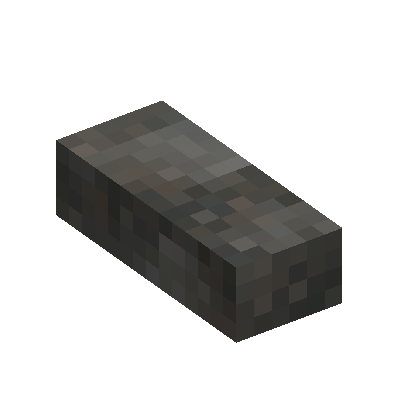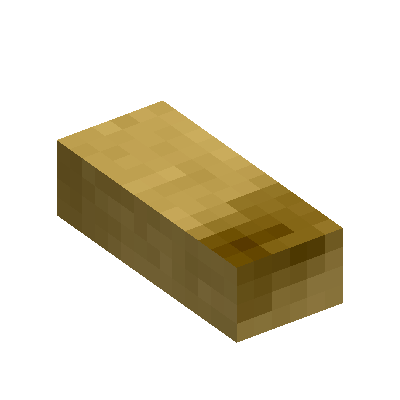Casting
Casting is primarily used to make metal tools from copper and bronze, which are smelted into a liquid state and molded or "cast" into tool heads. Base metal ore nuggets or alloys can also be converted to ingots using this process.
Required Materials
To cast metal items, players need a crucible, firepit, fuel (coal or charcoal), clay molds created by clay forming and metal nuggets.
Casting Tool Availability
- Axe: (Harvesting) Damages Wood, Leaf and plant blocks including trees, logs, planks, fences, gates and wooden building components. Used to create firewood in the crafting grid
- Hammer: (Crafting) Used in smithing, and to crush stones/ores in the crafting grid when no quern is available.
- Hoe: (Crafting) Used in farming to convert soil into farmland.
- Pickaxe: (Harvesting) Damages Rock, Stone and Ceramic blocks; used to harvest rock and ores.
- Propick: (Harvesting) Damages Rock blocks; used to detect the presence of ores when mining
- Shovel: (Harvesting) Damages Terrain blocks including Soil, Clay, Peat, Sand, and Gravel. Used to harvest terrain blocks or terraform the landscape.
- Spear: (Weapon) Damages Mobs; used as a melee combat or ranged weapon
- Sword: (Weapon) Damages Mobs; used as a melee combat weapon
Obtaining and Preparing Ores
Small stones containing metal ores appear on the surface of the world and are a good early game source of metal nuggets. To gather surface deposits, "break" the ore containing stones (with an empty hand or any item) to convert the stones into smeltable ore nuggets and collect in player inventory. These small surface deposits are an indicator of larger underground ore deposits. (Be sure to add a waypoint to mark the location for later mining operations.) Metal nuggets can also be obtained by panning. Nuggets obtained by collecting small stone surface deposits or panning are "ready to use" and do not require additional processing. Ores collected by mining are trapped in the parent stone. Stone and metal ore chunks must be placed in the crafting grid with a hammer to crush the stone and obtain smeltable ore nuggets. Each nugget contains 5 units of base metal.
Smelting Metal
Metal ores and alloys with melting points at or below 1300°C can be smelted in a crucible and cast to form metal ingots prior to smithing. Copper and Bronze Alloys may be cast into tool heads using clay molds. When the crucible is placed in the input slot of the fire pit, the crucible GUI opens. Ore nuggets to smelt can be placed into the four input slots of the crucible GUI. Ore amounts and types can be chosen based on which metal or alloy is to be created, and how much material is required to fill the selected molds. The crucible will hold four complete stacks of 128 nuggets, but only one material type (base metal or alloy) may be smelted at a time. (Ex: A player can add the ore materials to create a bronze alloy, but cannot then add additional copper and smelt the two materials separately.) To start smelting the metal, add fuel (Peat, coal or charcoal) to the firepit. To complete the smelting process, the fuel must raise and maintain the temperature of the metal above the melting point to liquefy the ores within the crucible. Be sure to select the fuel appropriately! Please note: the crucible is not a storage vessel. If a player removes the crucible from the firepit before heating, any ore nuggets inside the crucible will fall out of the container.
Casting Metals
Place the mold to be filled on a solid surface (Shift + Left mouse button). Tool molds occupy one block, but ingot molds may be placed two to a block. The metal can be poured into prepared molds when heated to a temperature above its melting point. When the metals are ready to cast, the heated crucible will appear glowing and will shift to the firepit output slot. Place the crucible in an active hotbar slot and and use the Right mouse button to pour materials into the ingot or tool mold. When the mold is filled (tool heads and ingots require 100 units), no more metal can be added to the mold. The metal will begin to cool in the mold. Once the metal is cold, ingots and tool heads can be removed from the molds. If a player attempts to pick up a mold before the metal is cool, the liquid material will be lost. A partially filled mold cannot be picked up without losing the material, even after the metal cools.
Alloy Ratios
- Tin bronze, a mixture of copper and tin, has twice the durability of copper.
- Bismuth bronze, a mixture of copper, bismuth, and zinc, has slightly higher durability than tin bronze. In comparison to Tin Bronze, weapons and tools made from bismuth bronze are slightly slower (reduced mining speed) and have reduced attack power (HP).
- Black bronze is a mixture of copper, gold, and silver. It has the highest durability of all bronze alloys.
Casting Tutorial Video
| {{{title}}} | |
|---|---|
